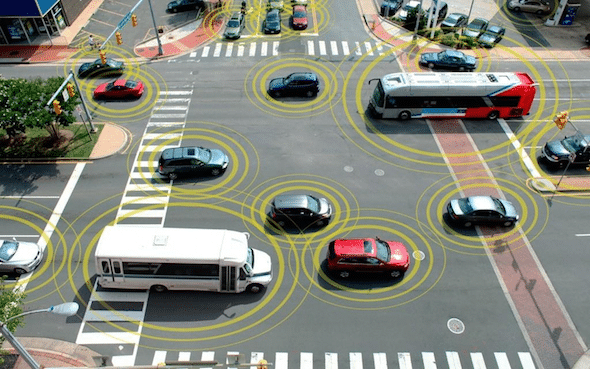A quick overview of vehicle telematics
Enter the words “telematics in cars” into a Google search and you’re provided hundreds of thousands of pages on the vehicle-monitoring device.
Telematics have been developing very quickly over the past few years, and it’s easy to see that it was only a matter of time before we had a new word to classify the link between GPS devices, the internet, smartphones and other in-vehicle technologies.

Vehicle telematics can:
- Extract the greatest possible safety from vehicles
- Monitor the location and speed of vehicles
- Track stolen vehicles
- Measure the rate of acceleration
To summarise, telematics are designed to make your car safer, more secure, and more informative.
Can you find a common theme in the points mentioned above?
The focus is on the vehicle, not the driver.
Young drivers
An inexperienced driver isn’t going to suddenly improve his driving skills simply because he has discovered that he’s breaking too much.
The idea of telematics in cars driven by young people has been discussed in recent times. On the surface, it seems like a valuable solution, but can telematics guarantee a driver will improve his or her driving? Not quite.
This article sums it up perfectly: including telematics in a vehicle does not change the actions of the driver; rather, they record data as proof of reckless or dangerous actions that have already taken place.
The race car driver
The conversation about telematics in motorsports follows the same vein as young drivers: the key lies in collecting data about the vehicle.
Appropriate to this industry, an appealing feature is the ability to locate and identify where other vehicles are on the track.
Again, the focus is on the vehicle rather than the driver.
We know Nico Rosberg won the 2016 Australian Grand Prix and we know the Red Bull team messed up Daniel Ricciardo’s tyre change in Monaco in May, but what else do we know about these drivers, besides their track record?
- Do we know how tired these drivers were when they were behind the wheel?
- Do we know the risk they are facing of a drowsiness accident?
- Do we know their heart rate or stress levels?
Now we begin to understand that while vehicle telematics can identify driving risks, they cannot identify driver risks.
Do car telematics make our roads safer?
As research into telematics continued, I came across a number of benefits of vehicle telematics. However, all the benefits were centralised around the vehicle. Telematics can:
- Send real-time updates
- Alert a manager of a vehicle’s location
- Monitor fuel consumption
- Measure speed
In-vehicle telematics can even call emergency services should a driver be involved in an accident.
The real weakness here, though, is the reactive nature. Vehicle telematics may be able to identify dangerous speed levels (even in real-time) or call for help, but by then is it too late?
Optalert can literally put a number on drowsiness
The constant, proactive nature of Optalert’s complete drowsiness detection system means that potential risks of drowsiness are identified before an accident happens.
This predictive approach is the first of its kind, where levels of drowsiness are matched against a scale called the Johns Drowsiness Scale or JDS.
The JDS is a simple 10-point scale developed by Optalert that can tell a driver, as well as his supervising staff or managers, his exact level of drowsiness.
So while vehicle telematics can tell you all about the car, drowsiness detection technology can tell us about the driver who is controlling the car.
Read more about the JDS, including how it will become just as important as BAS readings, here.
You don’t have to ‘feel’ tired to be at risk of fatigue or drowsiness
Despite what you might think, you can’t control sleep – even when you think you’re alert behind the wheel.
In one survey, almost half of male drivers (45%) admit to having experienced a micro sleep while driving.
This is a truly alarming stat; a momentary lapse of as little as a few seconds can result in a deadly accident.
And if you think there’s absolutely no way you could fall asleep at the wheel, what with the sound of the radio, the distraction of a conversation with a friend, or other cars keeping you alert, there’s actually a number of reasons why driving makes you tired.


